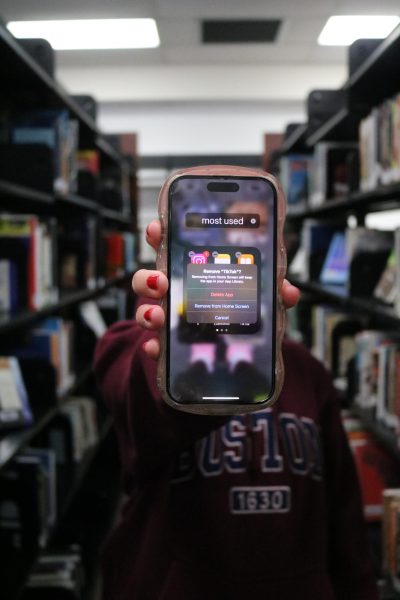Health Care Workers Strike, Pritzker Announces Economic Relief Program
Sources: ABC7 Chicago, NBC Chicago, Covid Act Now, The New York Times, and the Lake County Health Department.
As of Sep. 17, the Illinois Public Health Department stated that 2,088 cases of the coronavirus were confirmed in Illinois, bringing the total number of cases statewide to more than 273,000.
In Lake County, 16,170 coronavirus patients have been confirmed since the beginning of the pandemic. Cases continue to rise daily in both Lake County and Illinois. Additionally, Lake County’s positivity rate on Sep. 17 was 4.6 percent, an increase from last month’s rate of 4.3 percent.
The increase in coronavirus cases has impacted health care workers drastically. On Sep. 14, 900 health care workers at the University of Illinois-Chicago Hospital (UIC) went on strike, calling for better protection against Covid-19 as well as higher salaries. The SEIU Local 73, a Chicago labor union for public service employees, has had discussions with the UIC administration for a $15 minimum wage but the two sides have yet to reach an agreement. Furthermore, the union alleges that UIC has not provided proper means of protection to keep essential workers and their families safe.
“You shouldn’t have to work a full-time day job, and then to feed your family and pay for daycare, work another job in the evening,” said Lavitta Steward, who took part in the strike and works as an administrative assistant in the ophthalmology department for UIC, in an interview with ABC News. “We are the families who live in the community [and] we’re affected by the pandemic. We’re hurting. And on top of that, we’re being overworked and underpaid.”
The hospital has also brought out-of-state essential workers in to help battle against the pandemic from states that are on Chicago’s Covid Emergency Travel Order. States specific to Chicago that are on this list include Alabama, Iowa and Missouri, as well as 13 others. These states are currently experiencing a surge of coronavirus cases and individuals from those states are expected to quarantine for a 14-day period upon arriving back to the Chicagoland area. There has been no information as to whether these out-of-state workers have been tested for the virus or have quarantined, according to SEIU Local 73.
Due to the economic consequences of the pandemic, Governor J.B. Pritzker warned Illinois on Sep. 15 of budget cuts if the state does not receive any aid from the federal government. Last week, the U.S. Senate bill for the coronavirus relief package failed, but Speaker of the House Nancy Pelosi said she plans to hold Congress until a relief package is established. Pritzker warned that thousands of people could potentially be laid off across the state if the federal government does not act soon to relieve some of the economic hardships caused by the pandemic.
“The budget cuts laid out by Pritzker would impact numerous state agencies, including those who help the most vulnerable, like the Department of Human Services, which provides food assistance to low-income families, or the Department of Children and Family Services, which the governor has been trying to rebuild,” said ABC 7 Chicago.
In order to relieve some of the financial burdens, Gov. Pritzker announced the second round of the Business Interruption Grants Program on Sep. 17. According to the Illinois Department of Commerce, the program “is a $636 million program developed by Governor Pritzker and the Illinois General Assembly to provide economic relief for small businesses hit hardest by COVID-19.” The program is meant to provide aid for small businesses in disproportionately impacted areas and businesses that have been unable to reopen since the beginning of the pandemic. During the second round of the program, $220 million will be issued and divided to all businesses that apply and qualify for the grant.
In a letter to the Illinois Congressional Delegation on Sep. 16, Gov. Pritzker asked members to consider providing assistance against budget cuts and laying off public service workers. “This pandemic has severely reduced revenues to Illinois’ local and state governments, and bringing our budgets back into balance without federal help will mean carving billions of dollars from K-12 education, higher education, and public safety. It will mean slashing funding for our roads and bridges, our state parks, crime labs and anti-violence programs, childcare providers, clean water and clean air, and health care services,” said Pritzker.
The state of Illinois recently passed a 2021 fiscal-year budget, a document listing the funds for the upcoming year. Pritzker mentioned that no increases to the funds of the education system were made and few increases in the health care and human services budget were made as well. This situation would only be possible if the federal government were to step and give Illinois $5 billion dollars, he said. These budgetary consequences could potentially have cuts of up to 15% to all programs and services, he concluded.







